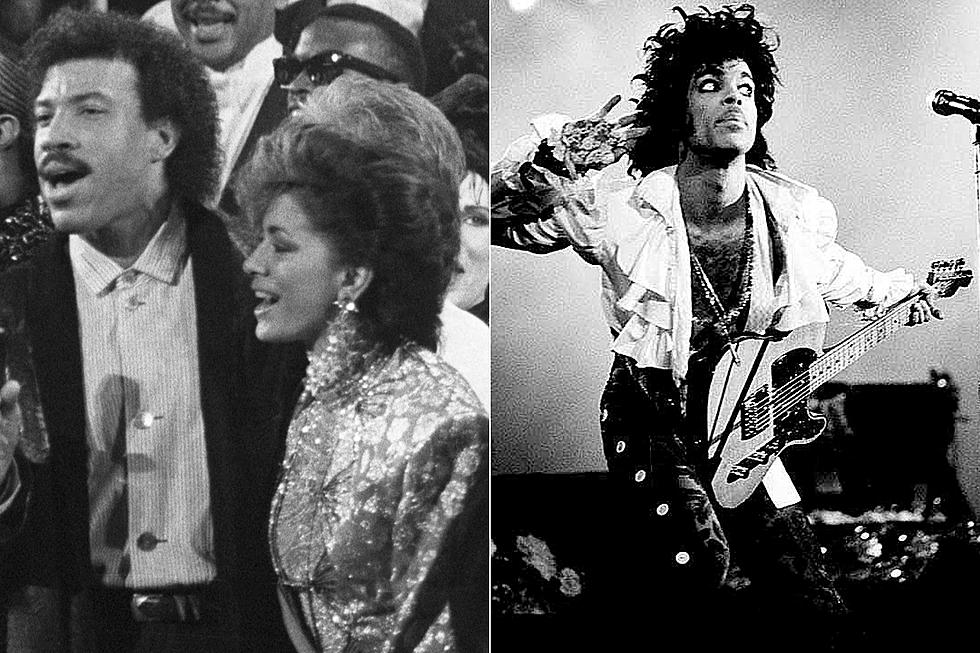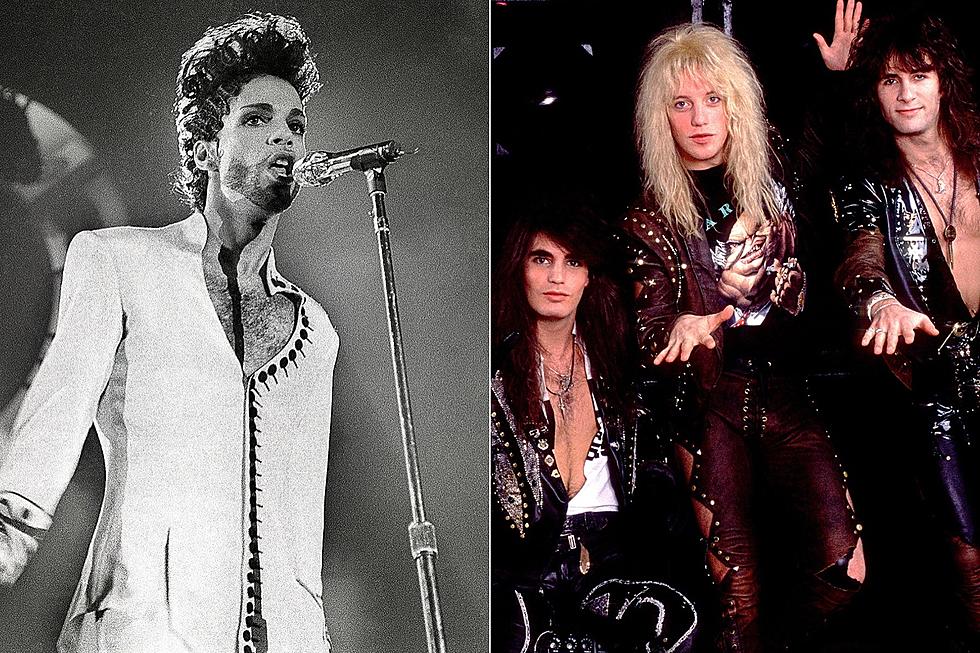
When Prince Stripped Down for ‘Why the Butterflies’
With the full-blown orchestrations of Purple Rain and the synth experimentations of 1999, no one would accuse Prince of being too subtle as a producer.
Despite this, he found some of his greatest success from knowing when to hold back. He famously removed the bass parts from two of his biggest hits ("When Doves Cry" and "Kiss"), despite being one of the best bass players of his generation. And he often recognized that he only needed himself to play on many of his recordings.
Prince took this minimalist approach further for the studio albums One Nite Alone (2002) and The Truth (1998), both of which saw him using very few instruments, even if he did still make overdubs. Many of his live shows included a small mini set where he sat alone at a piano, cycling through stripped-back versions of his greatest hits. On his final tour, entitled Piano & A Microphone, he did this for 90 minutes at a time.
That tour also provided the name for the 2018 posthumous release Piano and a Microphone 1983, a recording made in his home studio which includes "Why the Butterflies." On the newly unearthed track, Prince takes this approach even further, stripping his music down not just to one instrument and one microphone, but to a single chord. Over the course of six minutes, he builds a song around the chord, playing it percussively and embellishing it with creative fills. The lyrics are very simple, with less than 20 words and no clear meaning. But Prince’s vocal performance is somehow captivating, leaving the listener searching for the song’s hidden significance.
Really, though, the lyrics are not the point here. “Why the Butterflies” appears to be a recording of Prince composing on the fly. He’s been called a one-man band, and here he is improvising with himself. It’s unclear if he ever developed this song further, but a true musicologist may be able to find traces of it in Prince’s later music. Either way, it’s still a testament to Prince’s immense talent that he can do so much with so little, and that he can keep a listener interested without resorting to cheap gimmicks like, you know, using more than one chord.
More From Ultimate Prince










